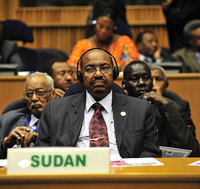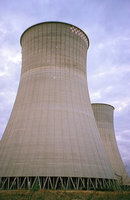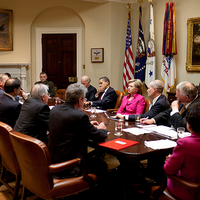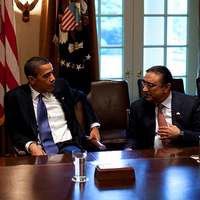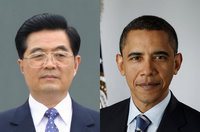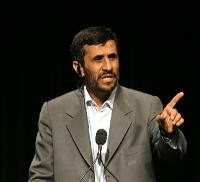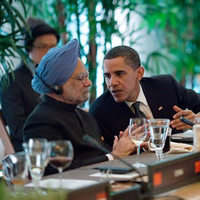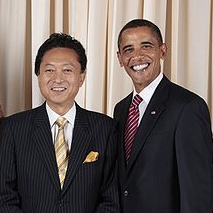
It is downright striking how little attention the wider American discussion over foreign policy pays to Japan. After all, Japan still claims the title of the world’s second largest economy (even if China is expected to overtake it next year). Its relationship with the U.S. has been as intimate as any other between major powers in the last 50 years. U.S. troops are still stationed there 64 years after the end of World War II. And to complicate matters, experts say there has been a longstanding worry on the Japanese side of being abandoned by the Americans. Past American presidents […]

